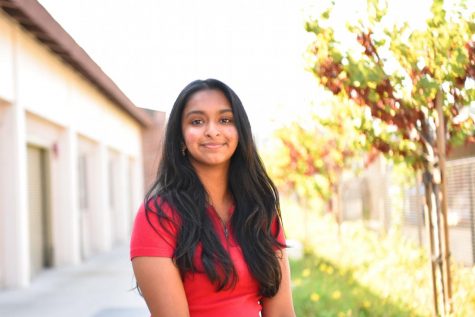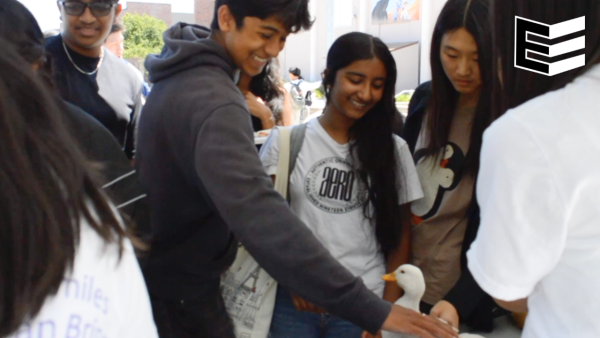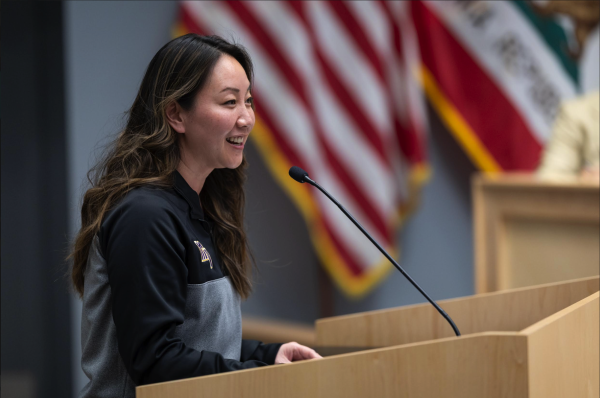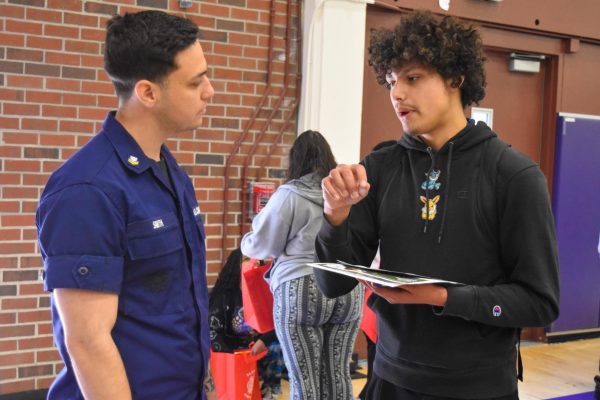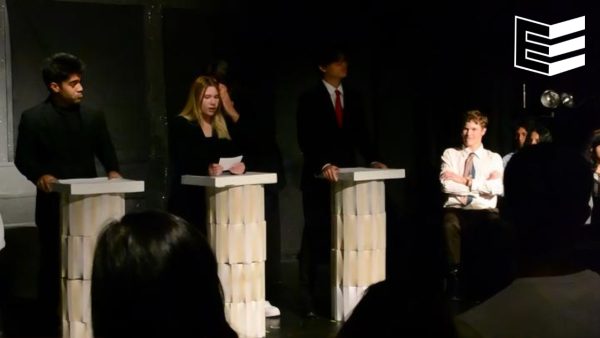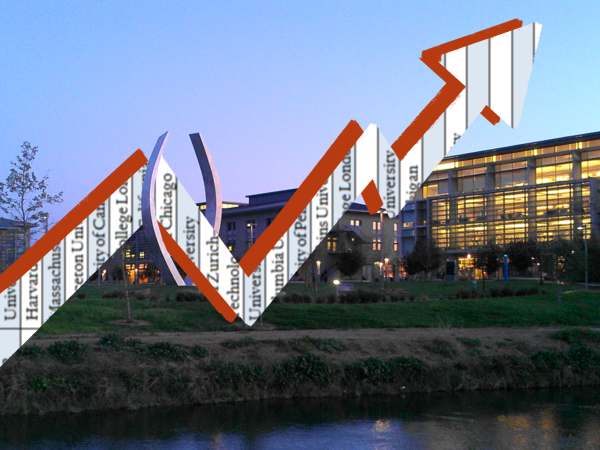Equity Deconstructed
Examining the addition of a new equity focused course to the MVHS curriculum
Over the last year, local and national movements such as #BlackLivesMatter, #StopAAPIHate and #MeTooMVHS have sparked conversation amongst MVHS students and staff about necessary changes to our community.
In response, FUHSD implemented Advisory this year, a weekly learning period where those on the Equity Task Force have the opportunity to present lessons they’ve developed on social issues. Taking inspiration from this, a group of MVHS staff members began discussing ways to provide students more agency and support in proactively addressing today’s problems.
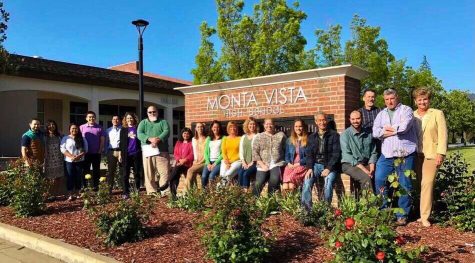
When no teacher volunteered to instruct the typical STEM Research: Independent Study course next year, AP Chemistry teacher Kavita Gupta, along with staff members Bonnie Belshe, Doreen Bonde, Hannah Gould, Vennessa Nava, Julia Satterthwaite and Amy Young decided to shift the class’s focus from STEM to interdisciplinary research surrounding equity.
“The students need to have a course where they can play a more active role in understanding the issues of today … that are pervasive in our country around inequity,” Gupta said. “Our young minds have so much to give and oftentimes, their creativity and their agency is crammed by a prescriptive syllabus. I’ve always wanted a class where students can look at complex problems through multiple lenses ― not only STEM-focused ― and then provide solutions.”
Though Equity Deconstructed is still early in its development, the course’s collaborators have a general idea of what it’ll look like in the upcoming year. The class is based on Stanford d.school’s (Hasso Plattner Institute of Design) equity-centered framework, and its purpose is to give students opportunities to research and implement solutions to a variety of societal issues.
During the first semester, the teachers will work on building capacity for the students by teaching them research skills and exploring issues through various lenses like race, gender, sexuality and socioeconomic status.
“[Honors American Literature] uses lenses [such as Critcal Race Theory and Feminist Critical Lens] as the foundation of the course,” English teacher Vennessa Nava said. “But the focus of the work that we do in [class] is literature. I think that with [Equity Deconstructed], there’s a lot more prerogative for students in doing what they want to do.”
Students will conduct a small research project during first semester, which will allow them to practice the skills they’ve learned while giving and receiving feedback through peer revision. This will ultimately prepare them for the main focus of the course ― the Equity Deconstructed event.
As the year progresses, students will add more complexity to their research questions, develop an understanding of the problem based on their knowledge from first semester and propose and implement possible solutions. Ultimately, the goal is to have a school-wide showcase of all the interdisciplinary research projects, so students can share their work with the MVHS community.
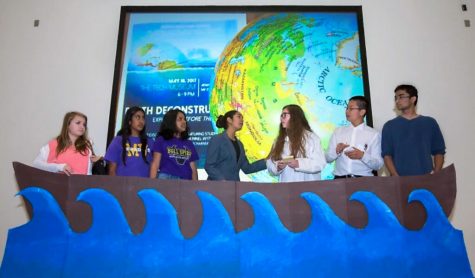
Equity Deconstructed isn’t a completely new idea to MVHS ― in past years, students gathered to present their research in a similar schoolwide event called Earth Deconstructed that was centered around climate change awareness.
“[Earth Deconstructed] had around 500 participants, and they all tackled the issue of climate change from different angles,” Gupta said. “Some people in math made solar cookers. In science, they explained ocean acidification and creat[ed] devices that can reverse the effects [of climate change]. There were language arts students that traced the path of Odysseus, if he were to make his journey … with our climate today.”
At Earth Deconstructed, students were able to share their work with policymakers, entrepreneurs, scientists and district leadership. Rather than being just STEM-focused, the event represented the variety of interests present in the MVHS student body.
Moved by the unique students from different disciplines coming together to present their research on climate change, Gupta was inspired to create Equity Deconstructed.
The course’s collaborators had to go through several steps before it could be officially announced. On the instructing side, Nava says that the idea for the course came together when the seven collaborators gathered in Sattherthwaite’s room to share their thoughts on recent inequity issues. From there, they created a flyer and wrote a one-page description before taking their idea to MVHS administration.
“As a group, we all thought it was a great idea,” MVHS principal Ben Clausnitzer said. “[So the] next step was meeting with the [Fremont Union High School] Foundation, because we wanted to dialogue and make sure they felt comfortable with what our idea was. [After that], Ms. Gupta and the other collaborators put everything together, and I got that email out.”
This process took two weeks — because the Equity Deconstructed course is an update of the previous STEM Research class, less time was required to develop the course. The main addition was the interdisciplinary, equity focus, but the foundation of research as well as the FUHSD Foundation as its funding source remains.
Because of the interdisciplinary aspect of Equity Deconstructed, all of the course’s collaborators come from a different discipline. As a chemistry teacher who has previously supervised STEM research projects, Gupta will focus on the STEM aspect of the class.
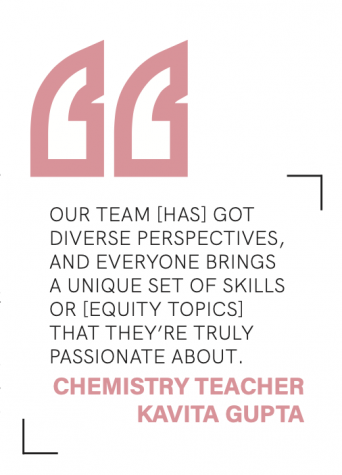 Nava and Gould, on the other hand, are English teachers, whereas Sattherthwaite is the Journalism adviser. Gould and Young contribute their expertise in performing arts, teaching Drama and Choir respectively. Additionally, Belshe and Bonde both have extensive backgrounds in equity work, which Nava believes will be important to the class.
Nava and Gould, on the other hand, are English teachers, whereas Sattherthwaite is the Journalism adviser. Gould and Young contribute their expertise in performing arts, teaching Drama and Choir respectively. Additionally, Belshe and Bonde both have extensive backgrounds in equity work, which Nava believes will be important to the class.
“Our team is such a dream team,” Gupta said. “It’s got diverse perspectives, and everyone brings a unique set of skills or [equity topics] that they’re truly passionate about. Because no matter what you do, you need to have a 360 degree view ― STEM is incomplete without the other aspects.”
The Equity Deconstructed course’s collaborators and administration anticipate many benefits to the MVHS community as a result of the class. Along with teaching students research skills and providing them with resources, Clausnitzer believes the updated course has a valuable community aspect that will have a positive impact on our school.
On top of involving the MVHS community, another change from the STEM Research course is that students will no longer be participating in the annual Synopsys Science Fair. In previous years, the class’ goal was to prepare for and present at the fair, where students’ projects would be judged and awards would be given based on performance.
“Part of why I’m excited for this course is because the model isn’t premised on competition and personal glory,” Nava said. “I like that all the work that’s happening [will be] for the betterment of the community and to understand the challenges that we are all facing together. I think that shifting the paradigm to that community focus will prove inspiring for many students.”
